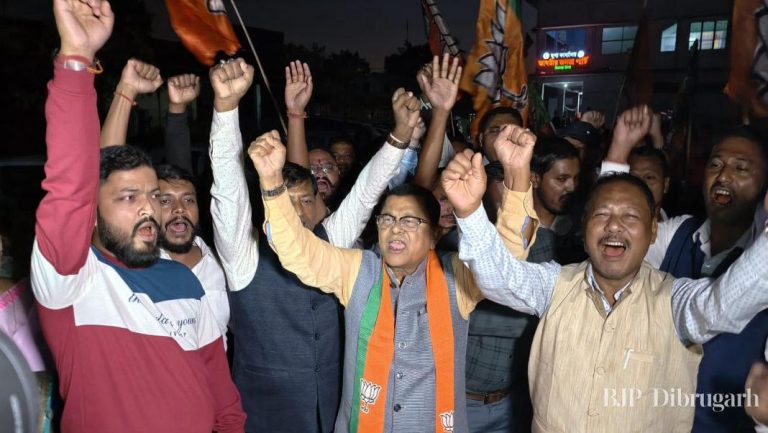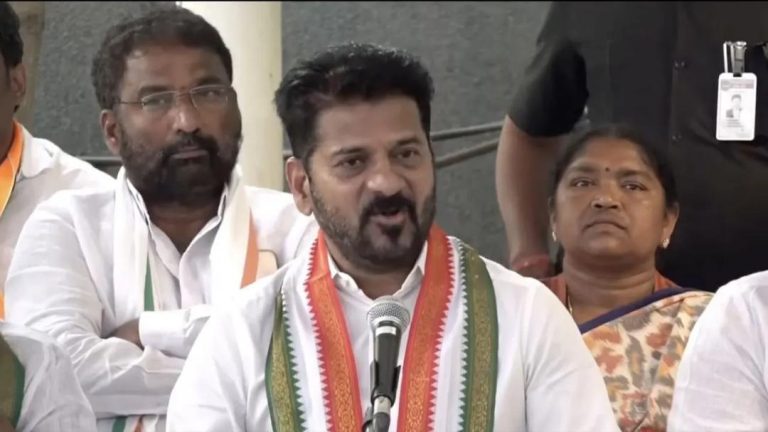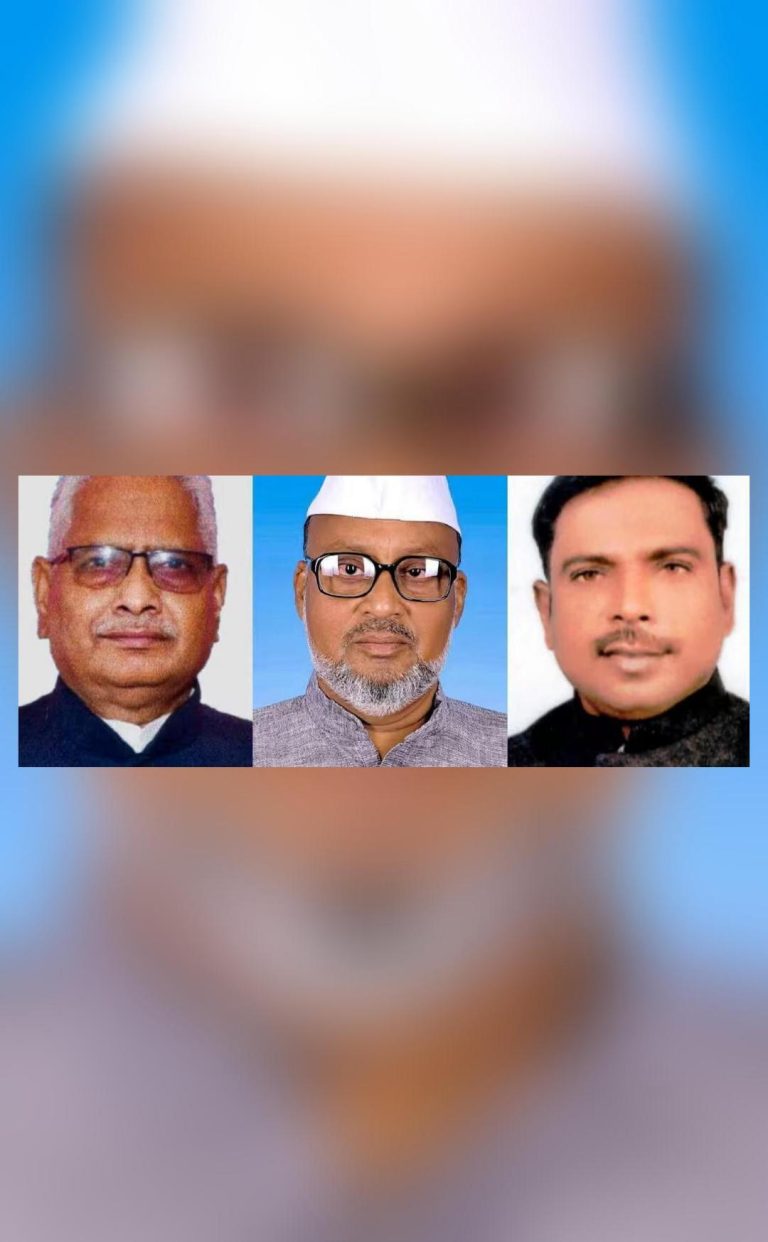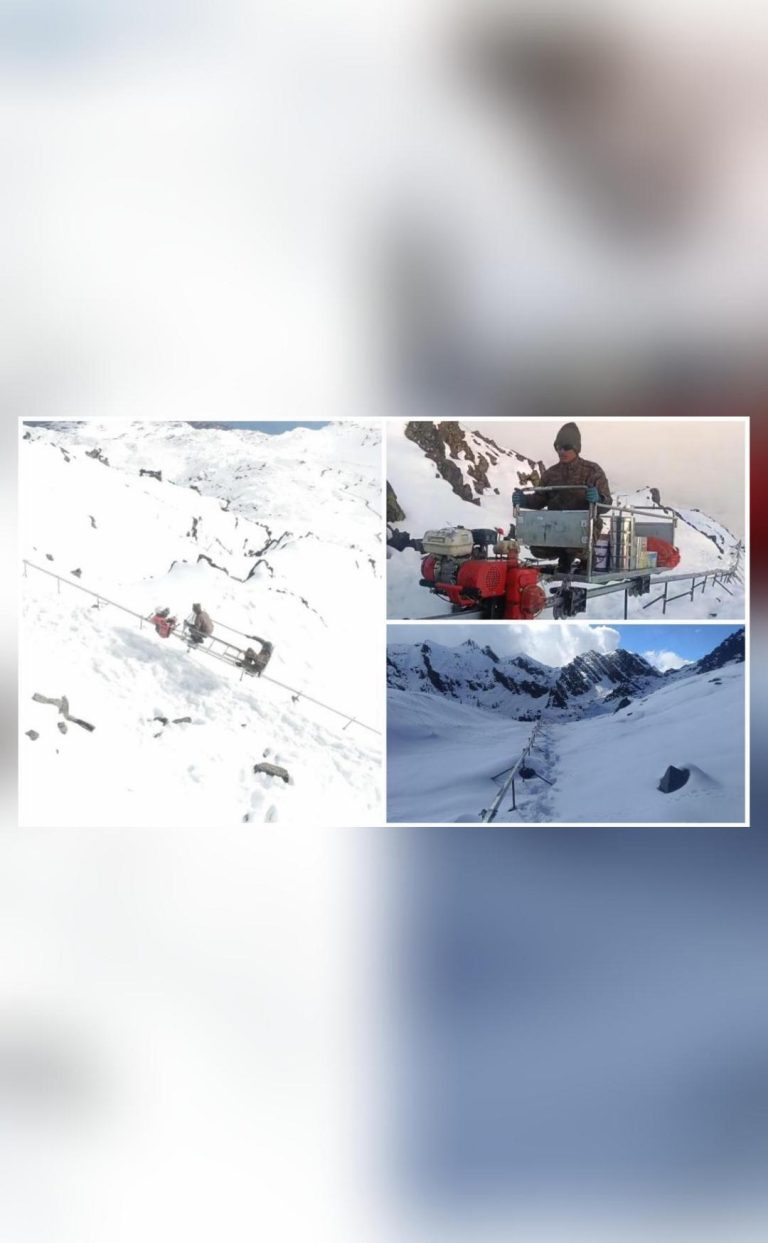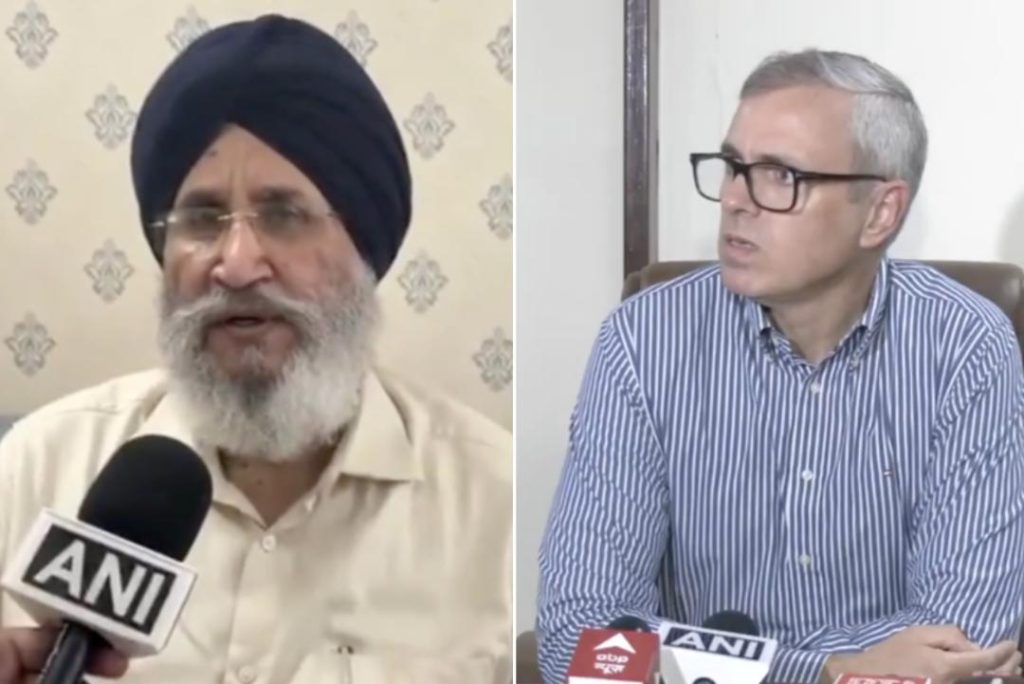
J&K CM’s Remark on Water Sharing Unreasonable: Akali Dal Leader
The ongoing debate over the sharing of river waters between Jammu and Kashmir (J&K) and Punjab has taken a new turn, with Shiromani Akali Dal leader Daljit Singh Cheema expressing strong reservations over the recent statement made by J&K Chief Minister Omar Abdullah.
In a shocking remark, Abdullah had stated that his government would not share any water with Punjab, citing the state’s own needs and requirements. However, Cheema, who is also a former Punjab minister, has termed Abdullah’s statement as “unreasonable” and “unfortunate”.
“We did not expect him to comment on Punjab, as river water distribution has earlier also been in favour of other states like Rajasthan, Haryana, and Delhi,” Cheema said in a statement. “The water sharing agreement has always been based on the principle of equity and justice, and J&K has always received its fair share of waters.”
Cheema’s remarks come at a time when tensions between Punjab and J&K have been escalating over the issue of water sharing. The two states have been at loggerheads over the sharing of the Ravi and Beas rivers, with Punjab demanding a larger share of the waters.
The Shiromani Akali Dal leader also pointed out that J&K has been receiving a significant amount of water from the Bhakra Dam, which is managed by the Bhakra Beas Management Board (BBMB). “The BBMB has been releasing a substantial quantity of water to J&K, which is used for irrigation and other purposes,” Cheema said.
Cheema’s statement has been seen as a strong response to Abdullah’s remarks, which were seen as provocative by many in Punjab. The Akali Dal leader has been vocal in his criticism of the J&K government’s stance on the issue, and has demanded that the Centre intervene to resolve the matter.
The issue of water sharing between Punjab and J&K is a long-standing one, and has been a major point of contention between the two states. The dispute dates back to the 1950s, when the two states were formed. Since then, the issue has been resolved through a series of agreements, with the most recent one being the 1981 agreement, which allocated the waters of the Ravi and Beas rivers between the two states.
However, in recent years, the issue has gained renewed significance, with both states demanding a larger share of the waters. The J&K government has been pushing for a more equitable distribution of the waters, citing the state’s growing needs and requirements. Punjab, on the other hand, has been resisting any changes to the existing agreement, citing its own needs and requirements.
The issue has also taken on a political dimension, with both the Akali Dal and the Congress Party in Punjab demanding that the Centre intervene to resolve the matter. The Akali Dal has been accusing the J&K government of being “unreasonable” and “intransigent”, while the Congress Party has been calling for a more equitable distribution of the waters.
The Centre has been trying to mediate the dispute, but so far, no solution has been found. The issue is likely to remain a contentious one in the coming months, with both states refusing to budge from their positions.
In conclusion, the recent statement made by J&K Chief Minister Omar Abdullah has been seen as a major setback to the ongoing efforts to resolve the water sharing dispute between Punjab and J&K. The Shiromani Akali Dal leader’s remarks have been seen as a strong response to Abdullah’s comments, and have added to the growing tensions between the two states. It remains to be seen how the Centre will respond to the situation, and whether a solution can be found to this long-standing issue.
News Source:
https://x.com/ANI/status/1935953245043933487
